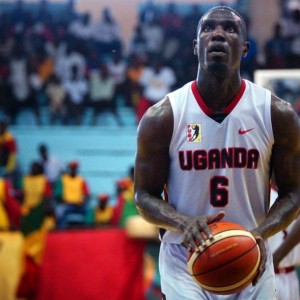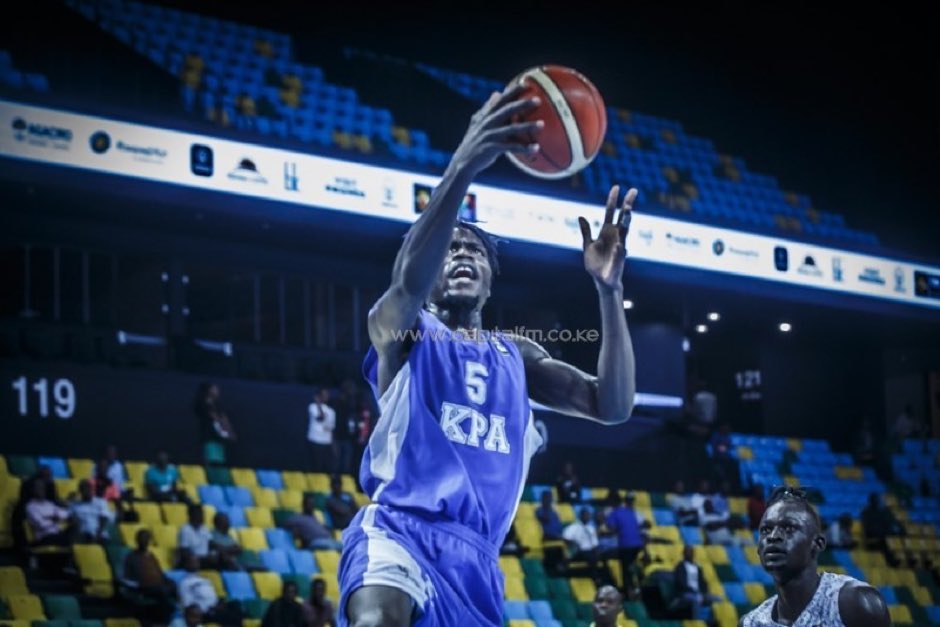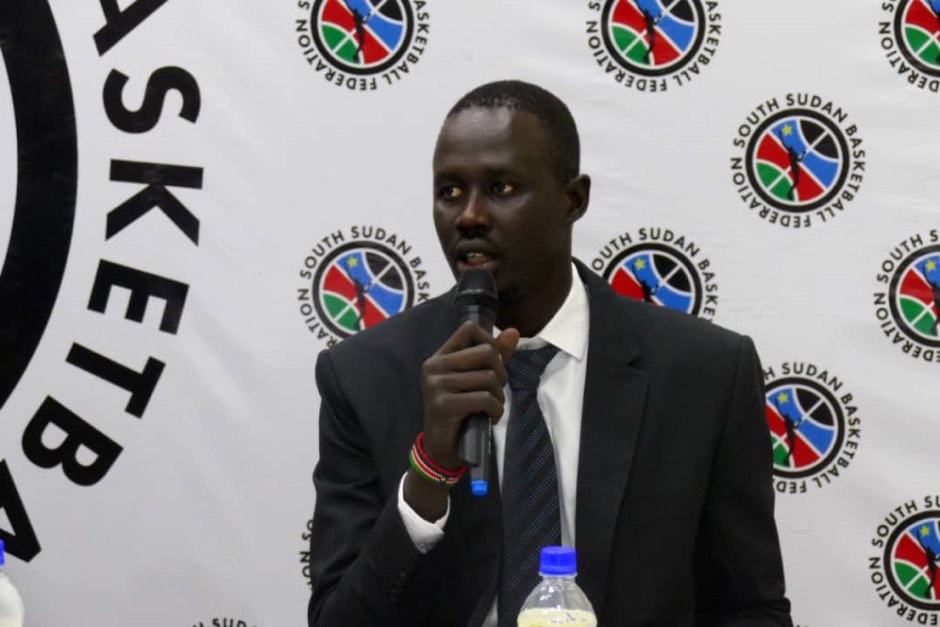The best result ever for an African nation at the FIBA Basketball World Cup was in 1950 after Egypt finished in 5th place. In the last edition held in Spain, 2014, Senegal was the only African side to reach the Round of 16 where they were eliminated by the host nation 89-56.
Up next is the 2019 FIBA Basketball World Cup that will be held in China. With less than 600 days to the kickoff of the World Cup, Ducor Sports takes a look at the African qualifiers as 16 nations compete for three berths allocated to the continent.
The African qualifiers consist of 12 tournaments played across six windows. Teams face one another over the course of two legs. The top three teams from each group advance to the Second Round, where the 12 qualified teams are divided in two groups (E and F) of 6 teams each. The top two teams from groups E and F and the best third-ranked team will secure a ticket to the FIBA Basketball World Cup 2019.
Group A consist of Tunisia, Cameroon, Chad and Guinea. After playing their 1st Round of games, Tunisia find themselves in comfortable position. The Eagles of Carthage are seated top of the group after winning all of their first three games. They are followed by the Indomitable Lions, Senegal that won two out of three and Chad managed to secure just one win out of three. Guinea remain the underdogs in the group after losing all three games.
Group C: (Angola, Egypt, Morocco, DR Congo) where their 1st Round of games have been played, record African title holders Angola have proven supremacy like Cameroon after they won all of their three games. Similar to Group A, the rest of the group members follow Angola.
Group D: Unlike the other groups, Group D and A will be kicking off their 1st Round games this month as they have over the time continued preparation. The Lions of Senegal and the Central African Republic will enter the court for game one on February 23 in Maputo, Mozambique before the return led in Senegal. The Central African Republic (CAR) has also selected 14 home-based players to start preparing for the qualifiers.
The second match in Group D will be played between Mozambique and Cote d’Ivoire. In their quest to qualify for the World Cup, Cote d’Ivoire have called three of their experienced players, Charles Abouo, Edi Guy Landry, and Frejus Zerbo who last featured for the ‘Elephants’ five years ago.

Group B
It will be another chance for Uganda that is yet to qualify for the World Cup when they play their opening game against 2015 African champions Nigeria in Bamako, Mali.
However, one of Uganda’s local players Robinson Odoch Opong of City Oliers who made his debut for the national team in the 2017 Afro Basket has expressed hope over the qualification of the team in the qualifiers.
[perfectpullquote align=”full” cite=”” link=”” color=”” class=”” size=””]”I think we are in a favorable group where we can be successful and finish in the top three. I expect the games to be very intense, especially against (hosts) Mali. Every team will try their best to represent their country and qualify for the world cup,” Opong told FIBA Africa.[/perfectpullquote]
On the other hand, Uganda’s opponents Nigeria, the D’Tigers, led by captain Ike Diogu are not taking anything for granted as to look to return to the competition since 2006.

[perfectpullquote align=”full” cite=”” link=”” color=”” class=”” size=””]”The world cup is a huge goal of ours. We have not played in one [since 2006]. So we want to make sure to put our best foot forward in the qualifiers, not take anything for granted at all.” Diogu[/perfectpullquote]
Also in Group B, host Mali who recently signed a new coach, Remi Giuitta will welcome Rwanda for their first game. Since joining FIBA in 1961, Mali is yet to appear at the World Cup Championship. The West African nation’s best finish at the FIBA Africa Championship was in 1972 where they ended with a bronze medal after thrashing out Central African Republic 107-74 in the third plays play-off. Similar to Mali, Rwanda is yet to qualify for the World Cup or win a medal in the African champions.
The first round for matches will be held February 23-25 as teams compete to secure a place in the 12-team second round of the African Qualifiers.
Images: FIBA


















